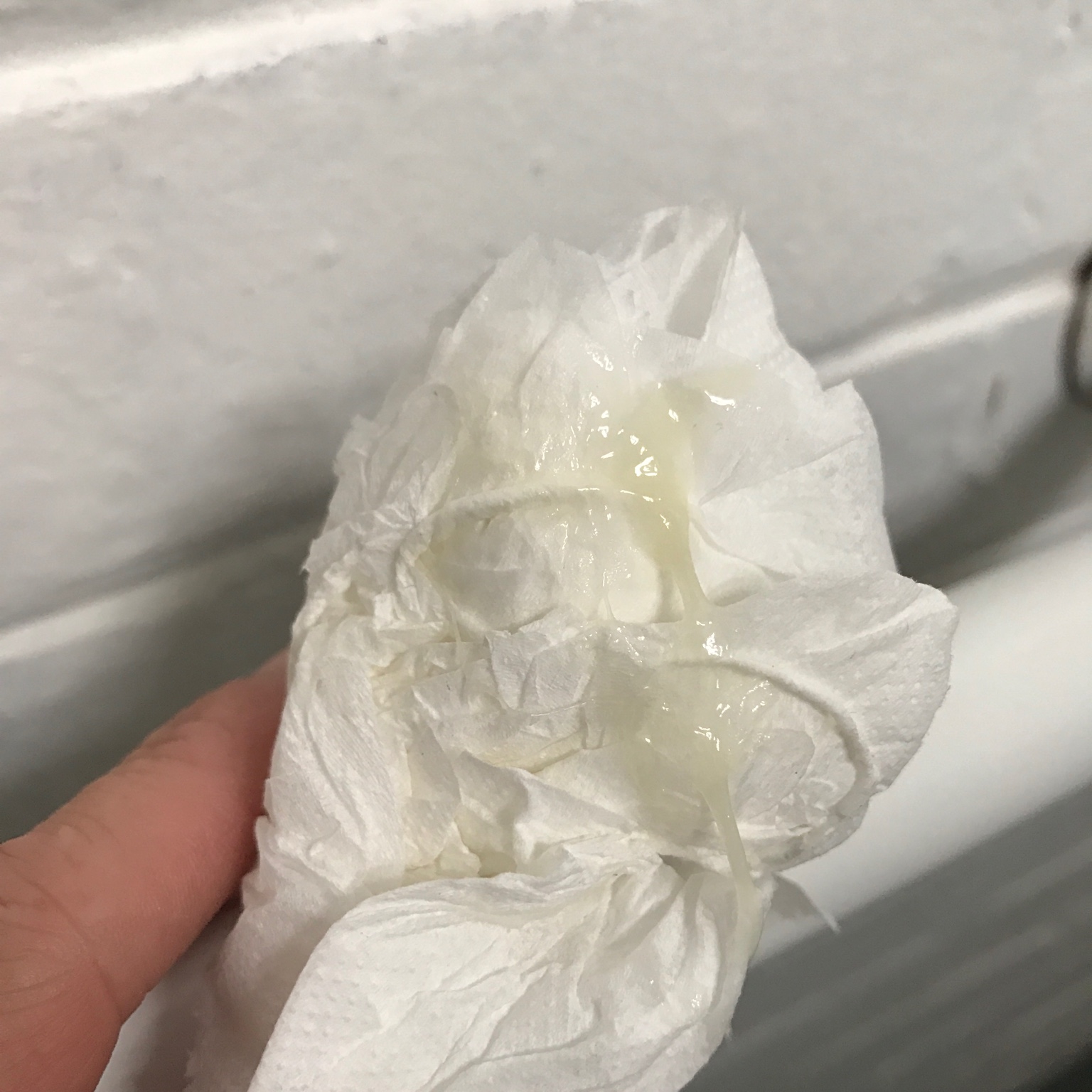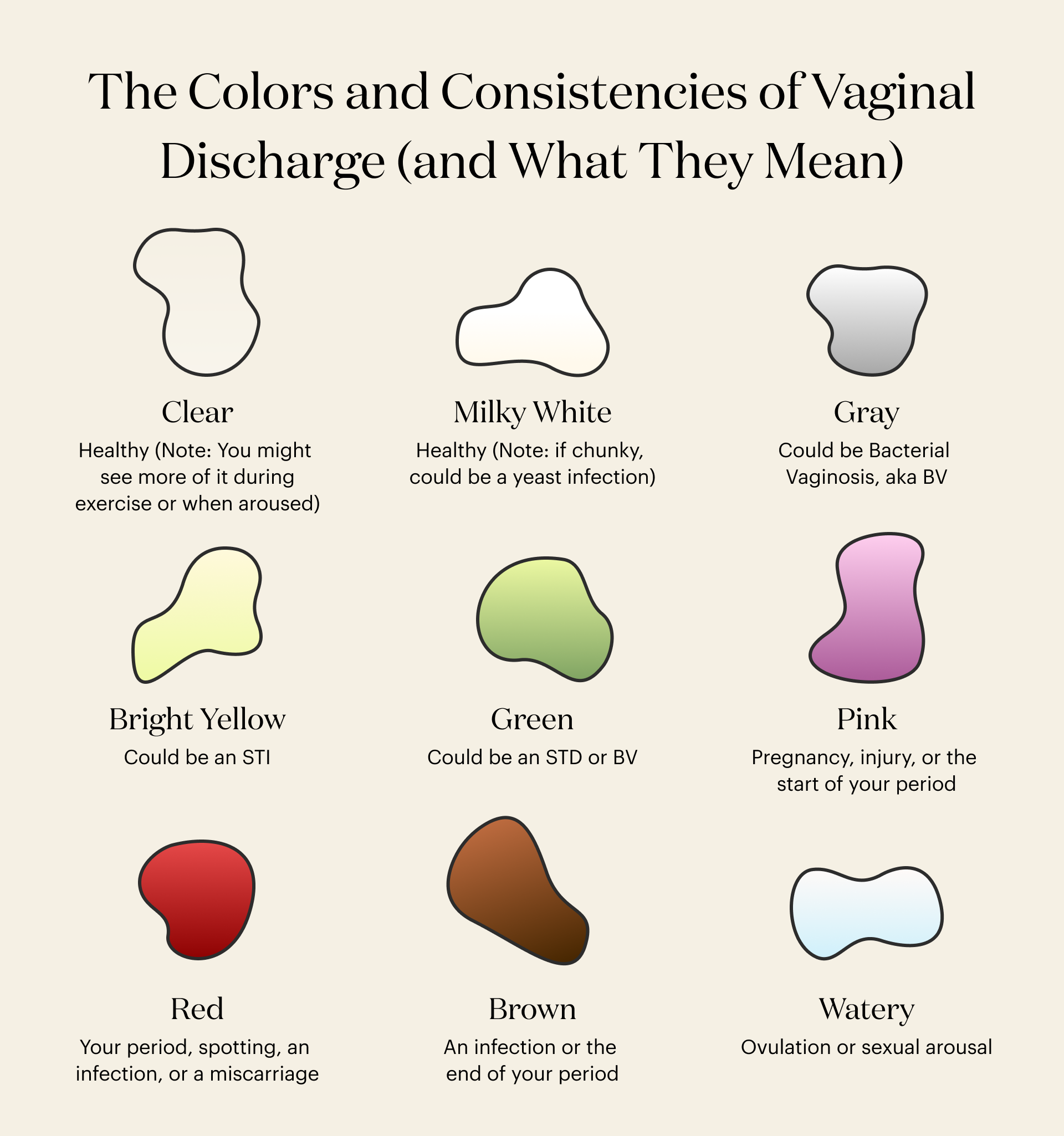Do You Get More Discharge During Pregnancy
Do You Get More Discharge During Pregnancy - During pregnancy, an increase in vaginal discharge is common. Typical vaginal discharge is thin, clear, or milky white, as well as mild smelling. During pregnancy, your body produces more discharge to help prevent infections that could harm the baby. It will fluctuate throughout the menstrual cycle. Known as leukorrhea, this discharge is generally harmless and serves.
During pregnancy, your body produces more discharge to help prevent infections that could harm the baby. Known as leukorrhea, this discharge is generally harmless and serves. During pregnancy, an increase in vaginal discharge is common. It will fluctuate throughout the menstrual cycle. Typical vaginal discharge is thin, clear, or milky white, as well as mild smelling.
It will fluctuate throughout the menstrual cycle. Known as leukorrhea, this discharge is generally harmless and serves. Typical vaginal discharge is thin, clear, or milky white, as well as mild smelling. During pregnancy, your body produces more discharge to help prevent infections that could harm the baby. During pregnancy, an increase in vaginal discharge is common.
A Guide to Vaginal Discharge during Pregnancy Pregamate
Known as leukorrhea, this discharge is generally harmless and serves. Typical vaginal discharge is thin, clear, or milky white, as well as mild smelling. It will fluctuate throughout the menstrual cycle. During pregnancy, your body produces more discharge to help prevent infections that could harm the baby. During pregnancy, an increase in vaginal discharge is common.
Early Pregnancy Discharge Causes and When To Seek Help
Typical vaginal discharge is thin, clear, or milky white, as well as mild smelling. During pregnancy, an increase in vaginal discharge is common. During pregnancy, your body produces more discharge to help prevent infections that could harm the baby. Known as leukorrhea, this discharge is generally harmless and serves. It will fluctuate throughout the menstrual cycle.
Vaginal Discharge During Pregnancy, How Much Discharge is Normal During
It will fluctuate throughout the menstrual cycle. Known as leukorrhea, this discharge is generally harmless and serves. During pregnancy, an increase in vaginal discharge is common. During pregnancy, your body produces more discharge to help prevent infections that could harm the baby. Typical vaginal discharge is thin, clear, or milky white, as well as mild smelling.
Watery Discharge During Pregnancy Should You Worry?
Known as leukorrhea, this discharge is generally harmless and serves. During pregnancy, your body produces more discharge to help prevent infections that could harm the baby. During pregnancy, an increase in vaginal discharge is common. It will fluctuate throughout the menstrual cycle. Typical vaginal discharge is thin, clear, or milky white, as well as mild smelling.
Famous Clear Sticky Discharge Sign Of Pregnancy Insight Pregnancy
During pregnancy, your body produces more discharge to help prevent infections that could harm the baby. It will fluctuate throughout the menstrual cycle. Known as leukorrhea, this discharge is generally harmless and serves. During pregnancy, an increase in vaginal discharge is common. Typical vaginal discharge is thin, clear, or milky white, as well as mild smelling.
Jelly Like Discharge During Pregnancy Do You Need to Worry?
It will fluctuate throughout the menstrual cycle. During pregnancy, an increase in vaginal discharge is common. Typical vaginal discharge is thin, clear, or milky white, as well as mild smelling. During pregnancy, your body produces more discharge to help prevent infections that could harm the baby. Known as leukorrhea, this discharge is generally harmless and serves.
Discharge During Pregnancy 5 Types of Pregnancy Discharge YouTube
During pregnancy, your body produces more discharge to help prevent infections that could harm the baby. Known as leukorrhea, this discharge is generally harmless and serves. During pregnancy, an increase in vaginal discharge is common. Typical vaginal discharge is thin, clear, or milky white, as well as mild smelling. It will fluctuate throughout the menstrual cycle.
How To Get Rid Of A Discharge Askexcitement5
During pregnancy, an increase in vaginal discharge is common. Typical vaginal discharge is thin, clear, or milky white, as well as mild smelling. Known as leukorrhea, this discharge is generally harmless and serves. During pregnancy, your body produces more discharge to help prevent infections that could harm the baby. It will fluctuate throughout the menstrual cycle.
What Does Normal Discharge Look Like During Pregnancy
Known as leukorrhea, this discharge is generally harmless and serves. It will fluctuate throughout the menstrual cycle. Typical vaginal discharge is thin, clear, or milky white, as well as mild smelling. During pregnancy, an increase in vaginal discharge is common. During pregnancy, your body produces more discharge to help prevent infections that could harm the baby.
Yellow Discharge During Pregnancy What to Know
It will fluctuate throughout the menstrual cycle. During pregnancy, your body produces more discharge to help prevent infections that could harm the baby. Known as leukorrhea, this discharge is generally harmless and serves. During pregnancy, an increase in vaginal discharge is common. Typical vaginal discharge is thin, clear, or milky white, as well as mild smelling.
During Pregnancy, An Increase In Vaginal Discharge Is Common.
Typical vaginal discharge is thin, clear, or milky white, as well as mild smelling. It will fluctuate throughout the menstrual cycle. During pregnancy, your body produces more discharge to help prevent infections that could harm the baby. Known as leukorrhea, this discharge is generally harmless and serves.

:max_bytes(150000):strip_icc()/can-cervical-mucus-tell-you-if-youre-pregnant-1960286-6784e9696b8b488f86f0e3622cc78a63.png)







:max_bytes(150000):strip_icc()/VWH_Illustration_A-Guide-to-Discharge-Color-During-Pregnancy_Illustrator_Katie-Kerpel_Final-c2f81059281e443f9f3b6bf19229a7bb.jpg)